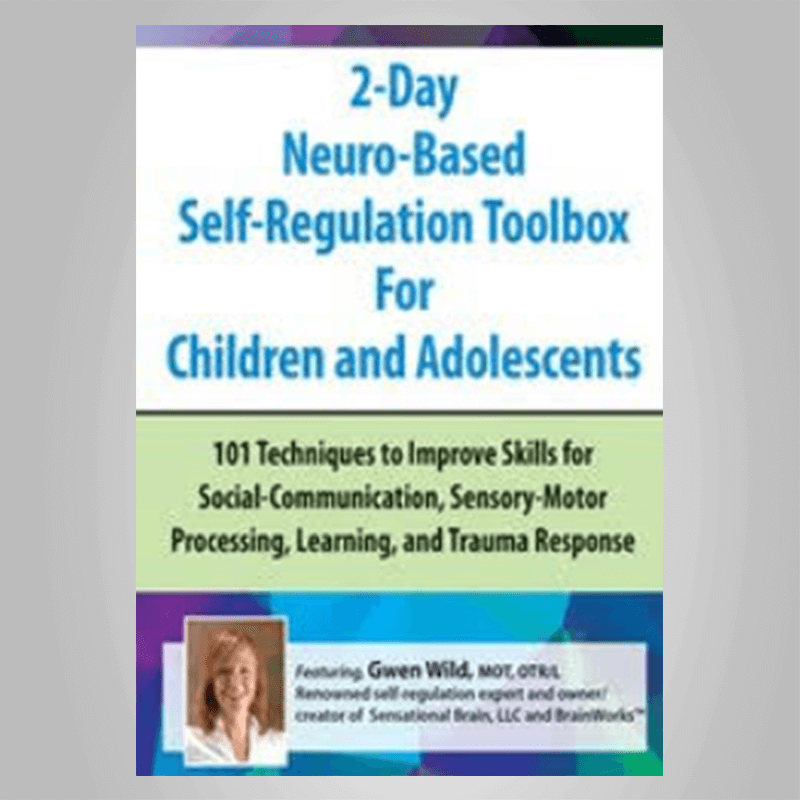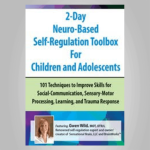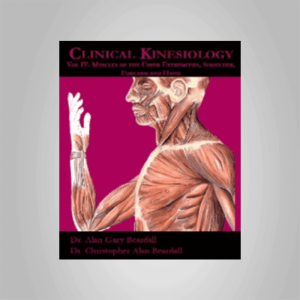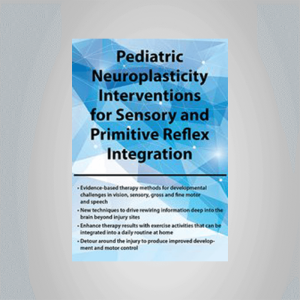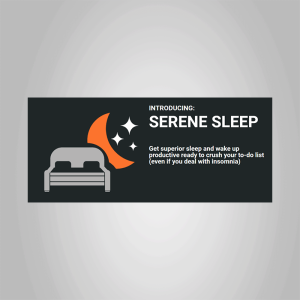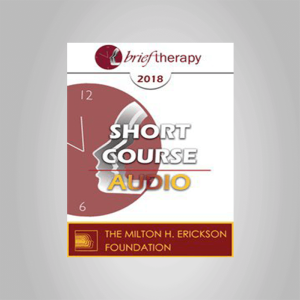Gwen Wild – 2-Day Neuro-Based Self-Regulation Toolbox For Children and AdolescentsFaculty:Gwen WildDuration:12 Hours 43 MinutesFormat:Audio and VideoCopyright:Dec 09, 2019DescriptionWatch Gwen Wild, MOT, OTR/L, renowned self-regulation expert in this intensive 2-day recording to learn clinically proven neurological approaches to address self-regulation in children and adolescents with Autism Spectrum Disorder (ASD), Sensory Processing Disorder (SPD), ADHD, ODD, OCD, anxiety, trauma, chronic stress, fetal drug exposure, and physical disabilities.Knowing the underlying brain connections will help you better select and develop appropriate interventions for challenging behaviors, such as hyper-activity, aggression, frequent meltdowns, outbursts, extreme sensory sensitivities, self-stimulation, inattentiveness and more.Watch this recording and become a leader in your field and elevate your work with children and adolescents with over 100 brain-based strategies to implement in your clinic or classroom immediately!You will leave the course being able to:Identify signs and symptoms of neurological differences such as neurotransmitter imbalance, hyperactivity in the insular cortex and amygdala, impaired sensory processing, and poor communication between different regions of the brainForm newer and stronger neural connections in key brain areas to enhance social communication, learning, sensory processing, and response to trauma or stressImmediately alter neurotransmitter levels to enhance focus, improve mood, and regulate emotionsChange brain waves to facilitate a calm and organized stateFacilitate development in certain brain structures responsible for processing sensory input, enhancing emotional awareness and regulation, and decreasing anxietySimplify home programs to empower parents and teachers to ensure carry-over into the home and school settingsApply the science behind meditation, mindfulness, Ayres Sensory Integrationâ„¢, therapeutic listening programs, and “brain breaksâ€By using a bottom-up approach you can strategically select intervention strategies that strengthen the neurological foundation needed for higher skills to emerge in the children and adolescents you work with!BONUS MATERIAL! Purchase and receive FREE … Readily available resources including screening and assessment tools, brain-based strategies, relevant research, and helpful forms; andMembership to BrainWorks Online to simplify the process of creating home programs!HandoutsManual (16.43 MB) 147 Pages Available after Purchase Instructions for ASHA Credit – SELF STUDY ONLY – 12/09&10/19 (38.5 KB) Available after PurchaseOutlineNeurological DevelopmentLatest research on neurological differences associated with:Motor skills, sensory processing, language development, self-regulation and learningHindrances to typical brain developmentStructural brain differences and neurochemistry in common diagnoses and symptomsA bottoms-up model for brain-based interventionVideo labs and hands-on brain modelsAssessment of Neurological Functioning SPD vs ADHDSensory vs behaviorBehavior disordersStandardized assessment toolsBehavior analysisEasily accessible checklists and questionnairesBuild a Strong Neurological Foundation Sensory-motor activities to build strong neural connections between key brain regionsStrengthen the insular cortex to improve emotional awarenessStrategies to stimulate the vagal nerve to power up the parasympathetic nervous systemIntegrate primitive reflexes to enhance posture, motor control, and emotional responsesCase Study: 16-year-old boy with HFA, SPD and EF challengesLab: 1) Acupoint tapping; 2) Vagal stimulation activityUsing Neuroplasticity to Repair/Rebuild Affected Brain Structures Restore balance between the frontal cortex and the amygdala to decrease sensory sensitivities, anxiety and aggressionAuditory stimulation to facilitate a calm and focused stateYoga and mindfulness strategies to reduce an overactive fight-or-flight responseProprioceptive, vestibular and tactile input to regulate emotional responses, reduce self-stimming, self-injury and anxietyLab: 1) Joint compressions 2) Rhythmic movementsNeurochemistry’s Impact on Behavior, Emotions, Motor Skills and Learning Primary role of major neurotransmittersSigns and symptoms of neurotransmitter imbalanceCorrelation between neurotransmitters, sensory processing and emotionsEvidence-based strategies for neurotransmitter deficits/excessesCase Study: 12-year-old girl, trauma history, extreme tactile sensitivities, atypical social behaviorsLab: Change your own neurochemistry now!Targeting Higher Level Brain Centers CBT to identify triggers and manage emotionsBehavior mapping to improve self-awarenessSocial stories and video modeling to target mirror neurons and teach appropriate responsesPrograms to improve social skills and manage physiological response to conflict and stressToken economy to address self-regulationCase Study: 6-year-old boy, off-task and fidgety behaviorsLab: 1) binaural beats to impact brain waves 2) Mindfulness activity to balance neurotransmittersThe Role of Medication Perspectives on medicationCommonly prescribed medications for childhood diagnosesSupplements to considerCase Study: 11-year-old boy, difficulty with attention, differentiating symptoms of ADHD vs. SPDBrain Health Nutrients for neurotransmitter productionSleep hygieneNaturePhysical HealthUse of electronics and video gamesCase Study: 21-year-old with autism, severe sleep disorder, obesityClinical Considerations Goal-writingData-trackingLimitations of research and potential risksFacultyGwen Wild, MOT, OTR/LGwen Wild, MOT, OTR/L, is an occupational therapist with over 25 years of experience specializing in the treatment of children and adolescents diagnosed with Autism Spectrum Disorder, Sensory Processing Disorders, neurological disorders and a wide variety of developmental disorders in numerous settings. She is the owner of Sensational Brain, LLC, and creator of the popular BrainWorksâ„¢ tools, a system for creating effective sensory diets that empowers kids to take charge of their sensory needs.Gwen is steadfast in helping children learn to self-regulate to manage their behaviors and emotions effectively. She works directly with educators, speech-language pathologists, occupational therapists, BCBAs and other professionals in her roles as an educator, consultant to two school districts and provider of private pediatric occupational therapy services in homes.Gwen presents worldwide on topics related to sensory modulation and self-regulation teaching practitioners, parents, and teachers who work with children and adolescents practical treatments and interventions. She has been invited to speak at numerous state and local conferences and has been featured on podcasts. Gwen has led and co-authored two research studies on the implementation of sensory strategies for the purpose of enhancing self-regulation, the most recent of which was published in a peer reviewed journal. She is an active member of the American Occupational Therapy Association and at the state level, she is a member of the Michigan Occupational Therapy Association.Speaker Disclosure:Financial: Gwen Wild is the owner of Sensational Brain LLC. She receives a speaking honorarium from PESI, Inc.Non-financial: Gwen Wild has no relevant non-financial relationship to disclose.
Gwen Wild – 2-Day Neuro-Based Self-Regulation Toolbox For Children and Adolescents
₹12,284.00

